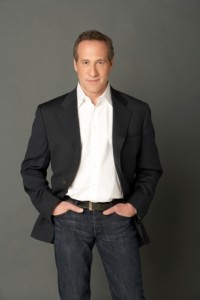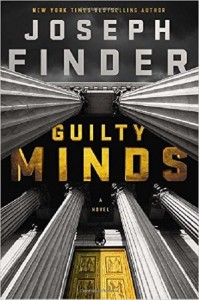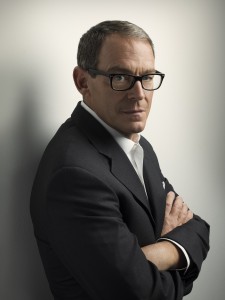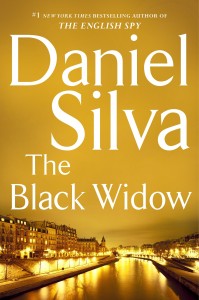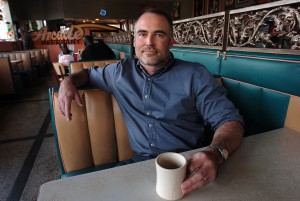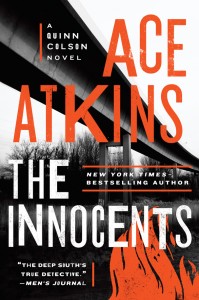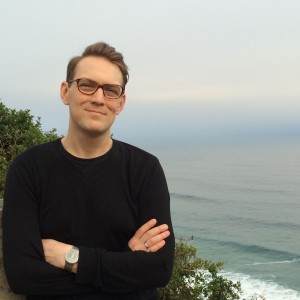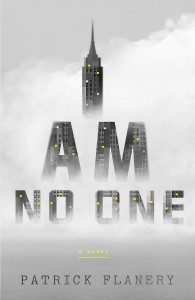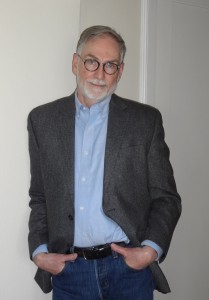Linda Fairstein is known to millions of readers. Her Alexandra Cooper novels are international and New York Times bestsellers and have been translated into more than a dozen languages.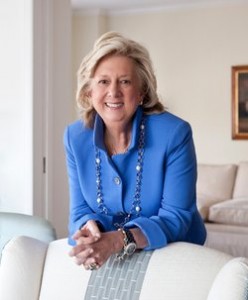
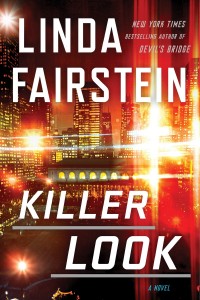
In Killer Look, the 18th novel featuring Alex Cooper, Linda takes the reader into the rarified and glamorous world of high fashion. But high fashion means ultra-high stakes. When murder rocks New York City’s Fashion Week, Alex, along with Detectives Mike Chapman and Mercer Wallace, strives to expose the culprit lurking among the media, strutting supermodels and celebrity attendees. It’s a beauty-driven, tension-filled game involving the ruthless denizens of billion dollar empires with far-flung tentacles in Paris, Milan, and London.
As usual, this Alex Cooper novel, like its predecessors, explores an iconic New York City feature or landmark. In Killer Look, you focus on the New York fashion scene. Tell us a little about it.
I’m known for doing research such as when I explore an institution or some aspect of New York City, but this was so different because I’d never known the high-end fashion world or its fiercely competitive business component. This novel isn’t based on a specific building or landmark, but rather it takes place in a special section of the city. Actually, there’s very little left of the one square mile of the garment district. Many of the businesses have been outsourced, so I didn’t have many physical structures in which to set the story. I ended up using other places connected to the fashion industry, such as the Temple of Dendur at the Metropolitan Museum of Art. Those are two of the places where glamorous fashion shows take place.
Nowadays, fashion shows are attempts by the companies to outdo each other. Some take place on the Chelsea piers, others opt for museums or some quirky venue. It’s more freewheeling now, so I was able to create my own timetable and use my own locations for this fictional fashion world.
I was struck by the cutthroat nature of the fashion industry as depicted in the novel.
I did a great deal of research about it. I always looked at the glamor end of the fashion industry, but it’s become far more cutthroat, especially with the global aspect of the industry. It’s such rich material for a crime novelist to explore and was a perfect setting for the novel.
In Killer Look, Alex is suffering the aftereffects of events from the previous novel, Devil’s Bridge. Tell us about that.
In Devil’s Bridge, Alex was kidnapped. That book begins through Alex’s eyes but after 50 pages, Mike Chapman takes over as the protagonist. Alex has spent her career prosecuting criminals who committed sexual and domestic violence, and that involved her being sensitive to victims’ recoveries. However, in Killer Look, Alex herself is recovering from having been a victim, so the reader can see that Alex, who’s been very strong throughout the first seventeen books, has been profoundly impacted by an experience similar to those of victims with whom she dealt in the earlier books. I wanted readers to see how vulnerable Alex was after her traumatic experience in Devil’s Bridge. I wanted her to be much more than some kind of unidimensional “super-woman.”
In Killer Look, a fascinating method of either murder or suicide is described. Tell us about that.
I’m smiling because if you’re writing crime novels, you always struggle with how best to kill someone. [Laughter] I’ve used many of the traditional methods, and I’m always looking for something different. A great friend, Fern Mallis, the head of Fashion Designers of America was my guide through the fashion world.
As for homicide methods, I have a friend who’s now retired from the NYPD, but who was a young lieutenant when I was a prosecutor. He’s the smartest cop I’ve ever known. He helped me with police procedures in Devil’s Bridge. For Killer Look, Jimmy told me about a method of assisted suicide using a plastic bag filled with helium or other inert gases such as nitrogen, argon or methane. It’s a popular method in various states where assisted suicide is permitted because it’s painless and fast. It in a disturbing development, it could also be used in a homicide if it’s staged correctly.
After eighteen novels, has your writing process changed?
For the first few books, I began writing in longhand. I had a romantic notion to write with a pen and pad while I was sitting and looking out at the ocean. When I began using a computer, the process changed dramatically.
My actual writing process has evolved over time. I’ve learned how much of an outline to do, and I discovered that mornings are my best time of day to write. On certain writing days, my friends know not to telephone me before four o’clock in the afternoon because I’m busy writing.
Do you ever re-read your earlier novels? If so, how do they strike you now?
They strike me, quite honestly, as unpolished compared to what I write now. Final Jeopardy was my first novel and I love it the way a parent loves a first child. But I would so love to be able to go back and polish it up a bit. While writing the first five novels in the series, I was still a prosecutor. Writing back then was part-time, and took place between five and seven in the morning, or on weekends. In some ways, the fact that I was writing in my spare time is reflected in the earlier books.
I also learned things by reading many books, especially those by David Baldacci—for instance, ending every chapter on a suspenseful note, a cliffhanger. Now, in my own books, I try to end each chapter with a level of tension to propel the reader on to the next one.
Do you have a favorite among your novels?
I always think it’s the one I’m writing at the moment. [Laughter] I think that’s because I’m always excited about the novel I’m writing. The new baby is always the favorite.
If you could experience re-reading any one book as though you were reading it for the first time, which one would it be?
Wow! That’s a great question. For me, it would be Anna Karenina. I love the drama and tragedy of the storytelling. I first read it in high school, again in college, and two more times in my adult life. That’s the one I’d love to return to.
What, if anything, keeps you awake at night?
A good book. [Laughter] I end almost every evening reading a good book.
What’s coming next from Linda Fairstein?
Two things. Killer Look has a dramatic ending and I already know the opening of the next Alex Cooper book.
The other new development is this: as a kid, I grew up reading Nancy Drew books. My homage to Nancy Drew is a series I’ve begun writing for middle-grade children. The first book, Into the Lion’s Den is coming out in November. The sleuth is a twelve-year-old girl named Devlin Quick, whose mother is New York City’s first woman police commissioner, which gives Devlin access to various police resources.
Congratulations on writing Killer Look, a truly suspenseful novel rich in atmosphere and revealing the underbelly beneath the glitz and glamor of the New York and international fashion industry. It’s a fine example of why Nelson DeMille called you ‘One of the best crime fiction writers in America today.’





